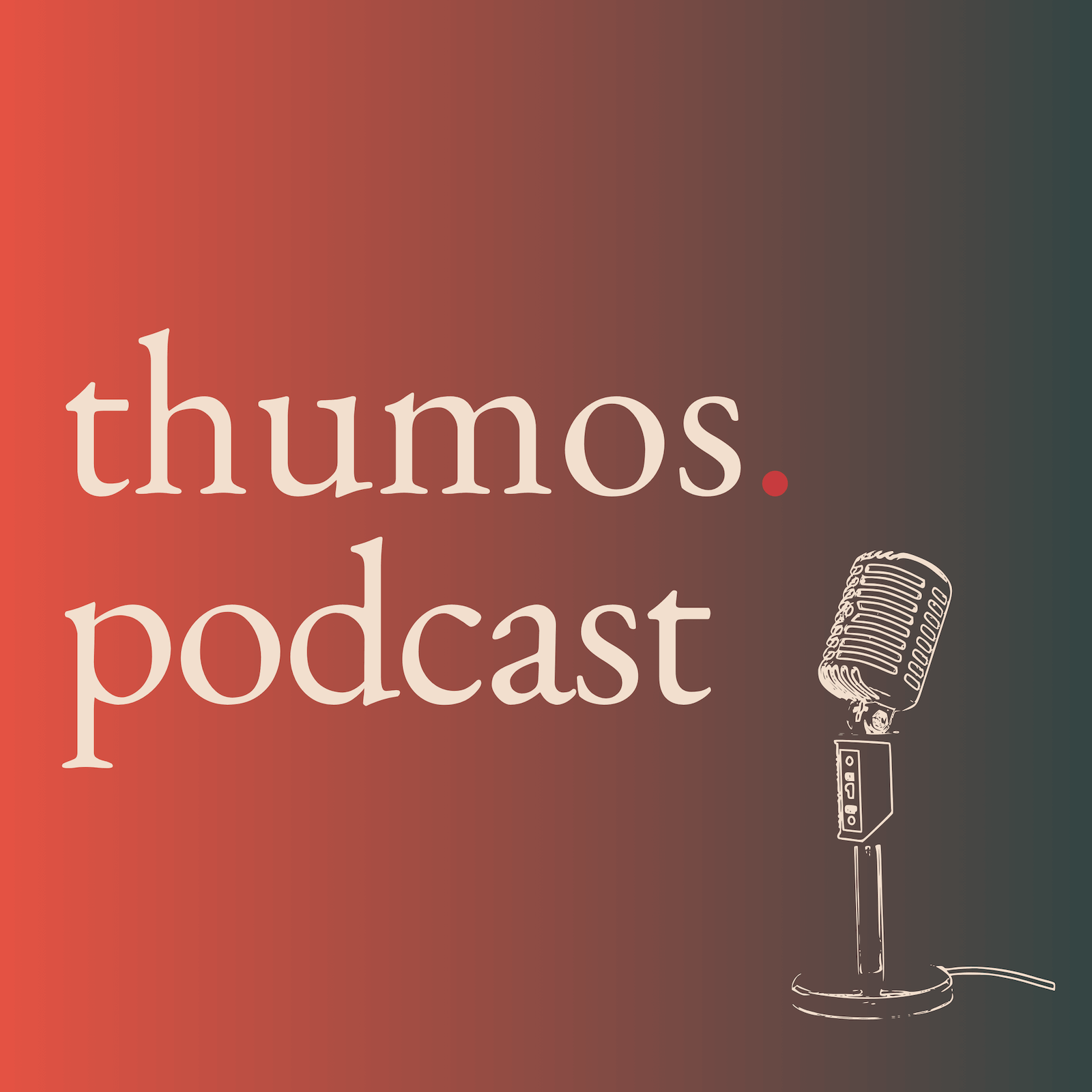Episode Transcript
Welcome to the Thumos Podcast, your go-to source for the latest information and stories about the technological power shifts in media, marketing and communications that are shaping the world around us. Make sure to visit us at thumos dot uk for more new content.
In today's episode, we'll cover The New York Times suing OpenAI and Microsoft over AI using copyrighted work, how AI-created influencers are taking business from real influencers and US policymakers addressing concerns with TikTok
Hey there! Happy New Year! It's looking like 2024 is going to be just as fascinating as 2023!
The New York Times has initiated a copyright infringement lawsuit against OpenAI and Microsoft, focusing on the use of its articles to train AI chatbots such as ChatGPT. The lawsuit, which doesn't specify a monetary figure, seeks billions in damages and the elimination of chatbot models and training data using The Times's content. Despite attempts at an amicable resolution involving commercial agreements and technological adjustments, no settlement was reached.
This legal action highlights the evolving challenges in the intersection of AI technology and copyright law, with potential significant impacts on the news industry and AI development. The Times is concerned about AI systems generating responses based on its journalism, possibly diminishing its web traffic, advertising, and subscription revenues. The case also raises issues about AI-generated misinformation, or "hallucinations," incorrectly attributed to The Times, threatening its brand credibility. This lawsuit could set important precedents in how AI technologies legally interact with copyrighted content.
Next, In a groundbreaking shift within the digital marketing landscape, a recent Financial Times article reveals the burgeoning trend of AI-generated virtual influencers, like Aitana Lopez, reshaping the $21 billion content creator economy. These hyper-realistic digital avatars, such as the pink-haired Aitana, who boasts over 200,000 social media followers, are increasingly being employed by leading brands for product promotions, offering a cost-effective and controllable alternative to human influencers. This disruptive innovation, however, has sparked significant debate and concern among human influencers regarding income cannibalisation and ethical issues surrounding transparency and authenticity. The article delves into the complexities of this new digital phenomenon, examining its impact on advertising effectiveness, market reactions, and broader socio-cultural implications, including the ethical considerations of racial representation and sexualisation in virtual avatars.
Finally, In the rapidly evolving landscape of global technology and geopolitics, TikTok, the popular short-form video platform owned by Chinese tech giant ByteDance, finds itself at the epicentre of intensifying scrutiny by US policymakers. Amidst allegations of the platform being used as a tool for Chinese influence in American public opinion, particularly in sensitive areas such as the Israeli-Palestinian conflict and issues concerning China, like the Uyghurs, Tibet, Taiwan, and Kashmir, TikTok's financial prowess, with over $50 billion in free cash and significant American investment, further complicates its position in the ongoing US-China relations. This situation, as highlighted by the Financial Times, not only reflects the intricate intersections of technology, finance, and international politics but also raises critical questions about content manipulation, free expression, and the future of cross-border investments in an increasingly fragmented world.
So, buckle up and stay tuned! The battle between AI-generated fakes and online influencers, as well as the scrutiny faced by platforms like TikTok, is only just beginning. It's a fascinating time where technology, law, and ethics collide.
In this episode, we explored the legal battle between The New York Times, OpenAI and Microsoft, how AI-created fakes are taking business from real influencers and the ongoing discussions around TikTok's impact on national security.
Thank you for tuning into the Thumos Podcast, where we delve into the impactful power shifts in media and technology that are shaping our world – don't forget to subscribe and join us again for our next episode!

